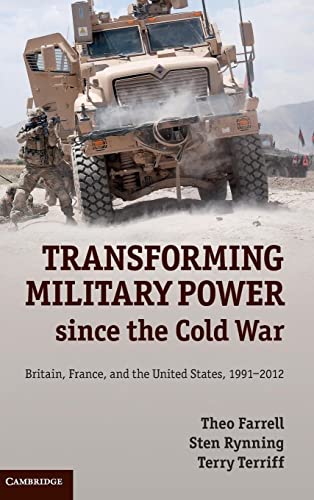
Political Survivors
by Emma Kuby
"The Resistance, the Cold War, and the Fight against Concentration Camps after 1945"
Popularity
0 / 5
* A book's popularity is determined by how it compares to all other books on this website.
Where to buy?
Buy from Amazon* If you buy this book through the link above, we may receive a small commission at no extra cost to you.
Political Survivors by Emma Kuby
Details
War:
Cold War
Perspective:
Researcher
True Story:
Yes
Biography:
No
Region:
Europe
Page Count:
423
Published Date:
2019
ISBN13:
9781501732812
Description
Brief Summary
Emma Kuby's Political Survivors provides an in-depth exploration of how former Buchenwald inmate David Rousset’s 1949 call to denounce the Soviet Gulag as a repetition of Nazi Germany's horrors spurred a collective movement. After gathering support from fellow concentration camp survivors, a remarkable campaign unfolded to challenge inhumane internment systems globally. Rousset and his comrades formed the International Commission against the Concentration Camp Regime, determined to bear witness for victims of political imprisonment and forced labor, issues prevalent in places like Franco's Spain and Maoist China. Kuby's work unearths the surprising involvement of the CIA in funding Rousset’s efforts, while also highlighting the systematic exclusion of Jewish Holocaust victims from the Commission—a decision that both catalyzed and critically undermined the movement.
Main Themes and Topics
Central to Political Survivors is the theme of memory and its political mobilization in post-war Europe. The book examines how concentration camp survivors, primarily political prisoners, interpreted their experiences as a duty to prevent the recurrence of such atrocities. The narrative delves into the clash between humanitarian ideals and Cold War politics, as the survivors' campaign became entangled with ideological conflicts of the era. The transition from memory as a tool of moral authority to its subjection to political manipulation finds repeated emphasis. Moreover, Kuby addresses how the Western European focus on camps as sites of political repression overshadowed the ethnic genocide narratives, influencing the continent’s post-war ideological landscape.
Writing Style and Tone
Emma Kuby's writing style in Political Survivors is characterized by its scholarly rigor matched with a narrative drive that keeps readers engaged. She balances theoretical insights with detailed historical account, rendering complex events and dynamics accessible without oversimplification. The tone remains largely objective, imparting a sense of urgency and determination that mirrors the intense ethical commitments of the historical figures she portrays. Kuby’s meticulous attention to archival detail offers a multidimensional perspective on the various actors within this unique post-war movement.
Awards and Recognition
Since its release, Political Survivors has garnered recognition for its significant contributions to historical scholarship on World War II and Cold War politics. It has been praised for uncovering neglected aspects of European intellectual history and offering new insights into the functioning of memory in political arenas. Such commendations underscore the book’s academic and historical import, marking it as a critical resource for understanding post-war European dynamics.
Criticism
Some critiques of Political Survivors focus on its dense academic style, which may present challenges for lay readers not familiar with the intricate historical and political contexts discussed. Additionally, certain reviewers have noted that the book's intense focus on specific European figures occasionally limits its scope, potentially overlooking broader international implications of the anti-concentration camp movement. Nonetheless, these critiques are often tempered by acknowledgments of the book’s thorough research and insightful analysis.









